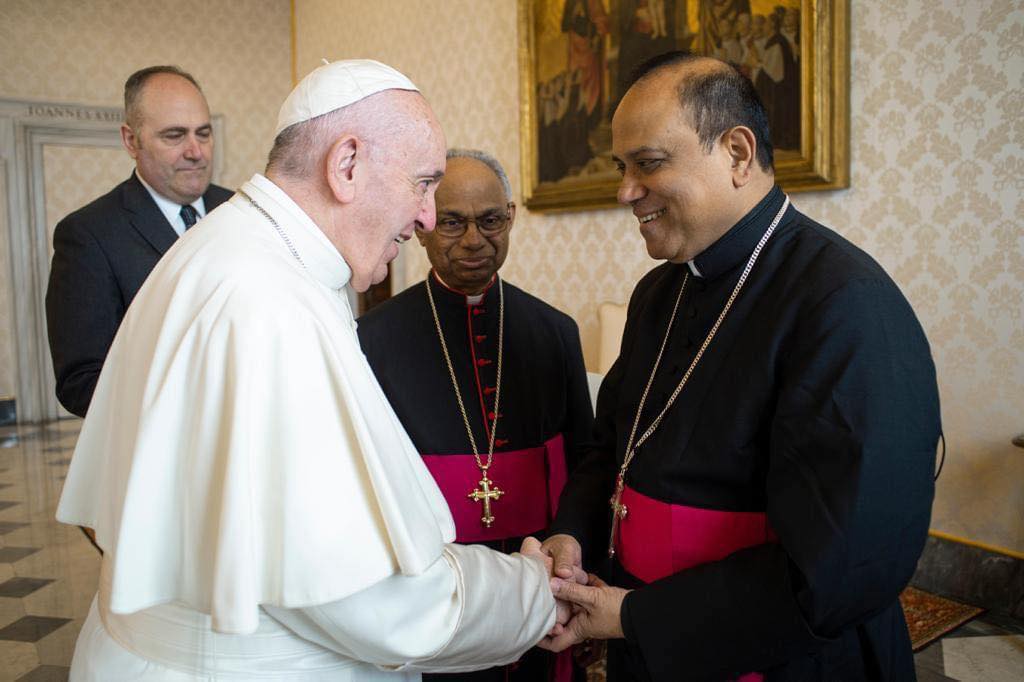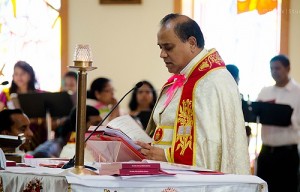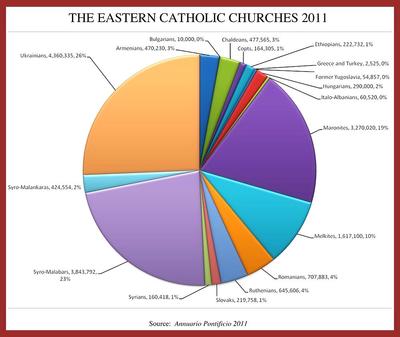Second Eparch for the Syro-Malabar Eparchy of St. Thomas in Chicago
Pope Francis has appointed Mar Joy Alappat, 66, as the second Bishop of the St. Thomas Eparchy of Chicago, succeeding Mar Jacob Angadiath (who reached retirement age of 75 according to canon law).
You can read today’s announcement of the Holy See here: https://press.vatican.va/…/2022/07/03/0514/01049.html
As the first Syro Malabar Eparchy to be established outside of India in 2001, the St. Thomas Eparchy serves more than 49 thousand Syro Malabar Catholics in the United States, which includes 80+ parishes and missions. There are two Malabar parishes in Connecticut.
Gratitude for the good work of Mar Jacob Angadiath for his service. And may God bless Bishop-designate Mar Joy!
Some twenty years ago I worked with Father Joy at Georgetown University Hospital. I rejoice in this appointment!



